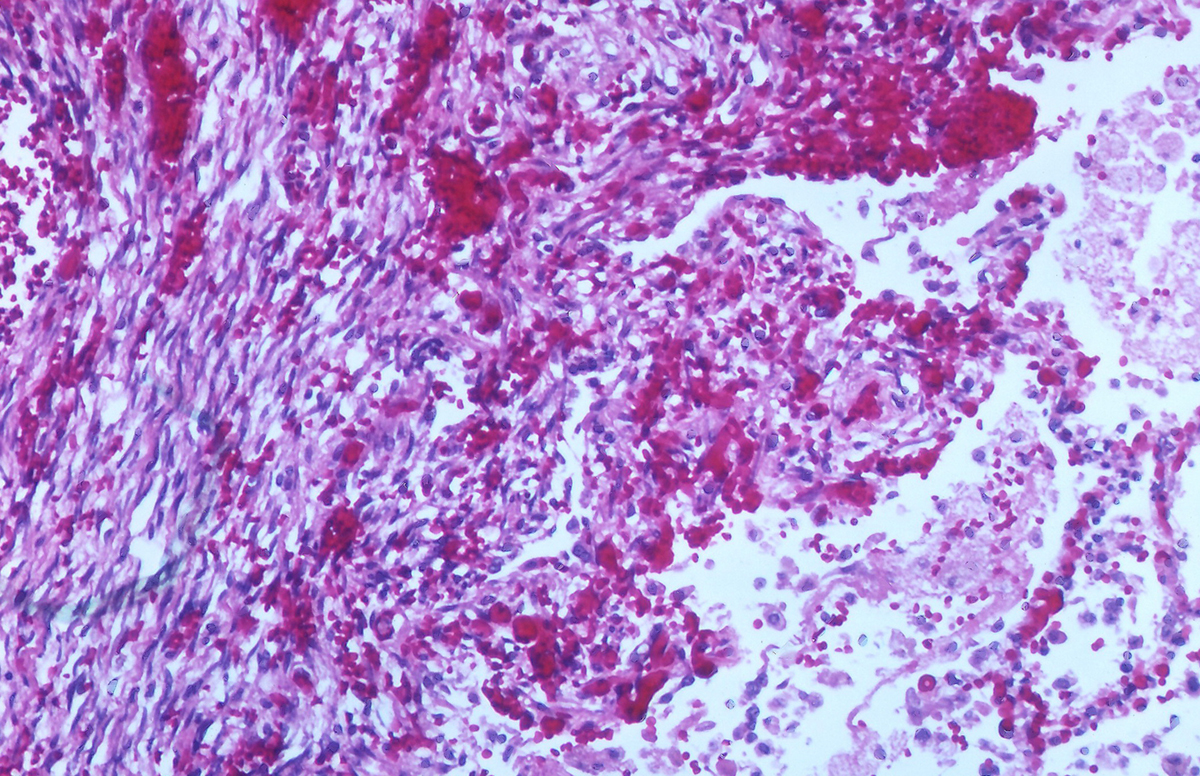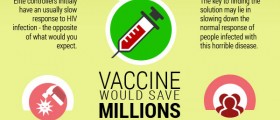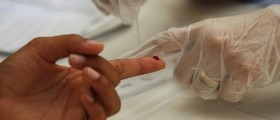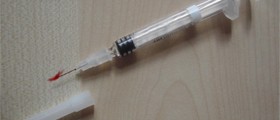
General Data
Kaposi’s sarcoma is a tumor that occurs because of herpes virus called human herpes virus 8 (HHV-8). This virus goes from one person to another while kissing. In one study it was showed that HHV-8 was present in saliva of gay men in 30 % of samples while it was only 1% in genital and anal samples. Therefore, it was established that among affected men presence of HHV-8 in is significantly higher in saliva than semen. Occurrence is lower in heterosexual couples. “Deep kissing” that refers to kissing with much involved saliva increases the risk of HHV-8 infection and thereby Kaposi’s sarcoma. Utilizing saliva as a lubricant also increases the risk of KS.
Types and Causes of Kaposi’s Sarcoma
Recent theory suggests that many viruses could be the cause for Kaposi’s sarcoma, such as cytomegalovirus and human papilloma virus since they have been found in Kaposi’s sarcoma tumor samples. Nevertheless, human herpes virus 8 or KS- associated herpes virus (KSHV) are probably the main cause for development of Kaposi’s sarcoma. The virus was found in patients affected by KS samples of classic KS, African endemic KS and KS in transplant patients.
In AIDS, KS commonly develops because of contact between HIV virus and human herpesvirus-8. This is spread by sexual intercourse with affected people.
Kidney transplantation also carries the risk of Kaposi’s sarcoma.
In blood vessels of legs, arms, head and chest may be developed hemangiosarcoma.
Infantile hemangiopericytomas can develop in children to age 4 in blood vessels of arms, legs, trunk, head and neck.
In blood vessel walls KS commonly occurs in HIV/AIDS patients.
Every shortcoming and weakness of immune system involves higher risk of Kaposi’s sarcoma development. Commonly, it is seen in AIDS affected people and those who had organ transplantation with exception of blood-forming stem cell transplantation.
Studies showed that medication used for suppressing immunity could lead to KS as well.
Additional InformationKaposi’s sarcoma is characterized by spots that can occur on any part of the body. They spread to other parts of the body by the time of couple of months. When spots develop in the mouth they cause pain and difficulties with eating.
These spots may also occur in internal organs and lymph nodes. In stomach they lead to diarrhea, internal bleeding that is shown in bloody stool.
Kaposi’s sarcoma is very aggressive cancer and is not curable but symptoms can be treated. Usually, treatment targets the immune system to stop or delay Kaposi’s sarcoma progression.

















Your thoughts on this
Loading...